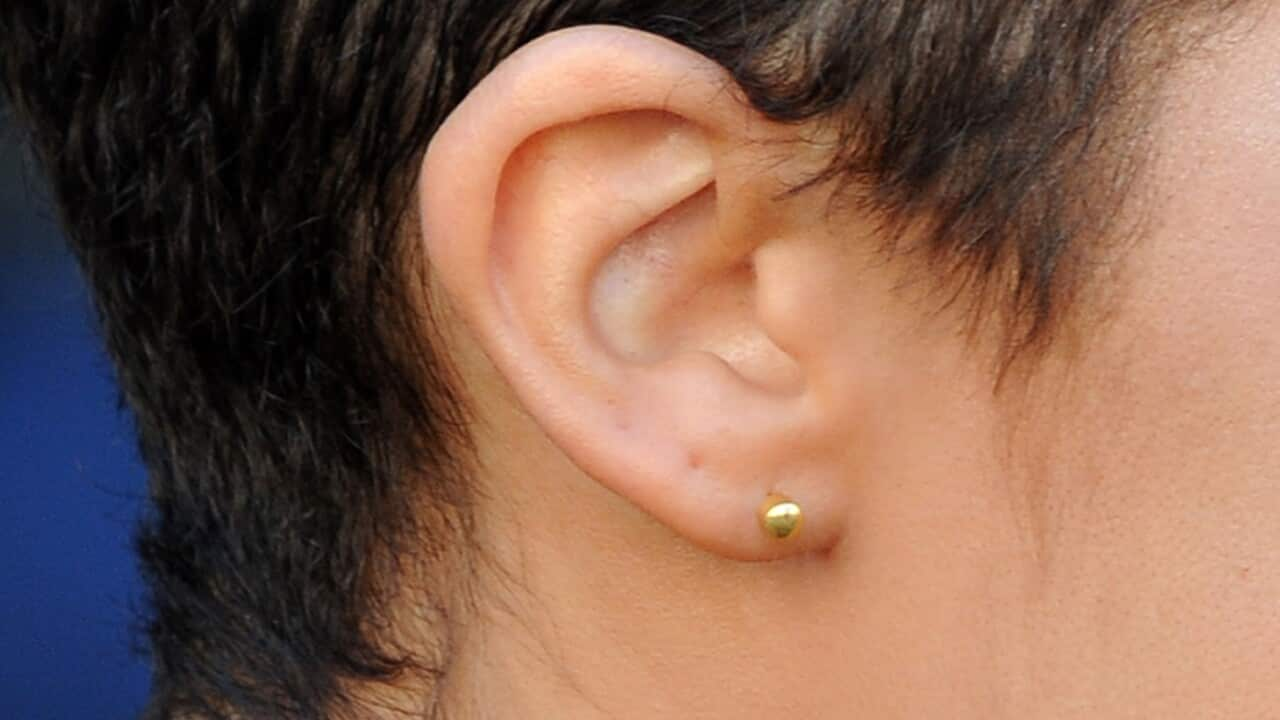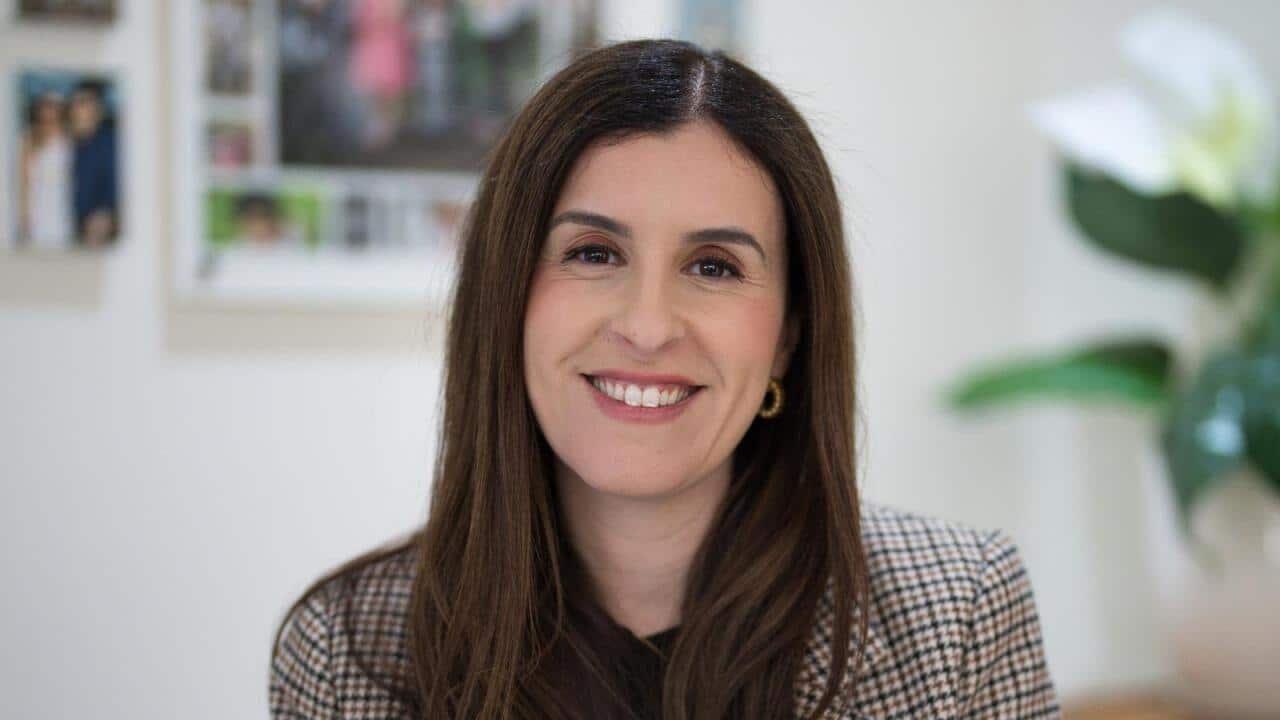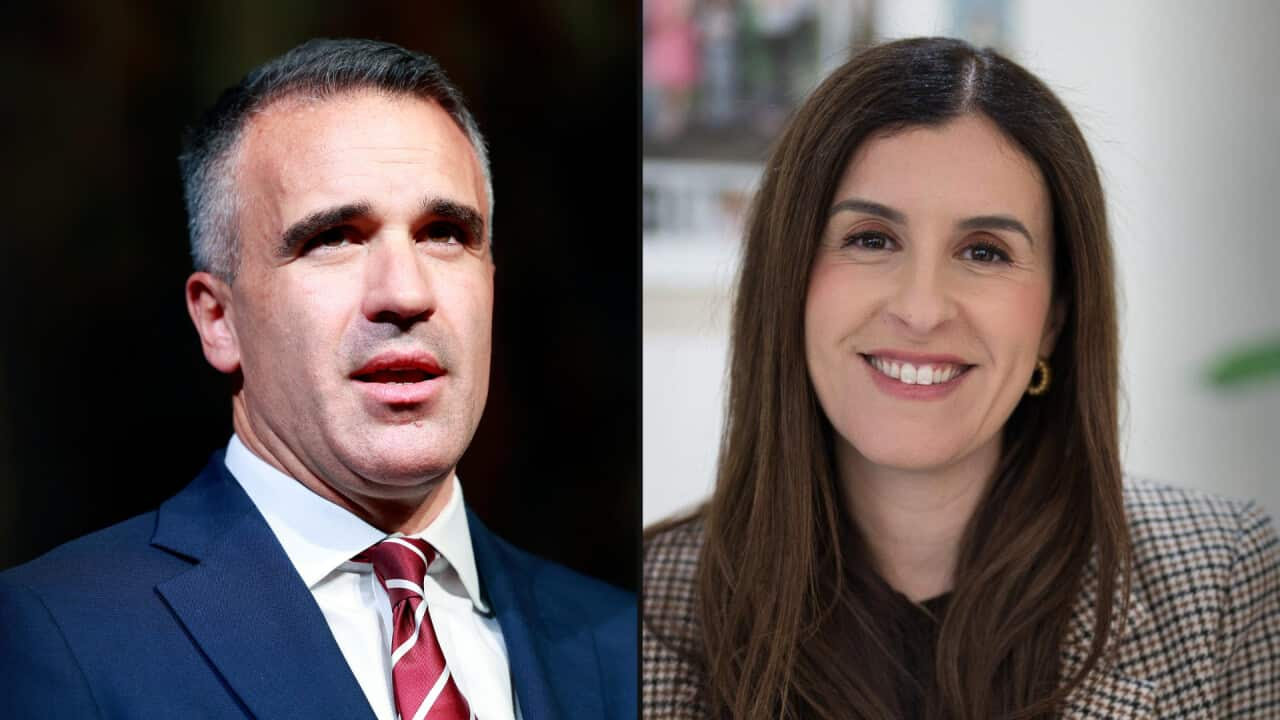TRANSCRIPT
To sit outside at night and hear ... nothing.
That is the desire of every tinnitus patient, but it is hardly ever realised.
Tinnitus, often described as a ringing in the ears or head, is the perception of sound without an external sound source.
Tinnitus can be constant or occasional, loud or soft, mild or severe, and can be heard in one or both ears or in the head.
The condition which can be an isolating and distressing experience can affect people of all ages and backgrounds.
However, Dr. Matthieu Recugnat, a hearing researcher and the founder of MindEar, a tinnitus management tool, says it is more common in older people.
"It's pretty varied. I don't think there is a specific age at which it happens. But it's most prevalent for people that are getting older because there is a high correlation between hearing loss and tinnitus. So, the more you get older, the more your hearing is declining, the more you're likely to have some sort of tinnitus. And so, we see the prevalence being increased when you're getting a little bit older, but it can happen also to younger people. When they are exposed to noise, let's say you know, going to concerts or listening to music too loud for too long, that can also be happening at that stage."
Research by the Hearing Health Foundation reveals that nearly half of people over 75 and approximately one third of those aged 64 to 75 have a hearing loss.
But Dr Caitlin Barr, Chief executive of hearing charity Sound Fair says tinnitus is becoming more prevalent among young people.
"We do have this really concerning shift where young people for 18 to 35, it's, it's becoming increasingly common. And that's really around that age group where people are enjoying music and enjoying sound and now we can listen to it, you know, in our, direct to our ears all day every day. So, it can happen at any age, no one is immune."
A study by Hearing Australia found that up to 70 per cent of people aged 18 to 35 years have experienced tinnitus and 16 per cent experience it more than once a week.
And although tinnitus can worsen with age, for many people, the condition can improve with treatment.
Dr Regugnat says results can vary for every individual.
"Scientific evidence suggests that there are multiple ways of coping with the tinnitus or managing the tinnitus and those have been shown to help in different scenarios, and sometimes in combination everyone is different everyone's tinnitus is different. And so you need to apply a range of different techniques and find the each person with tinnitus has to find the right combination of of solutions for them that works for them and build a routine and habits that make them feel better and cope with the tinnitus."
Tinnitus management is not a one size fits all solution, as people living with tinnitus hear all different kinds of sounds.
"Buzzing..... tonal..... screeching..... static.... tea kettle sound..... electric.... roaring...."
In Australia, 30 per cent of the population live with tinnitus.
For 15-20 per cent of all people, tinnitus causes distress and significantly impacts their life, their mental health, and their ability to function in daily tasks.
Victoria Didenko has been living with tinnitus for the past 10 years.
"I mean, it's manageable, but it really isn't easy, and when I first had my tinnitus onset, I struggled with severe depression and anxiety because it's like a dripping tap in the middle of the night, its just constantly there you just want to be able to turn it off but you can't."
Dr Emma Laird, lead of the Tinnitus Australia initiative and a tinnitus sufferer, says tinnitus can be caused by a variety of factors.
"There's lots of different reasons that we can get tinnitus. So, most of the time it will be due to something happening in the hearing system. So whether that's hearing loss, and that will be for most people the cause of tinnitus. The other big type is something called somatic tinnitus. And that can happen if we've got issues say in our jaw or in our neck, something physical going on with the muscles or the skeleton."
Ms Didenko says her mother and grandmother had hearing loss and this may have led to her diagnosis.
But experts say there is no clear evidence that tinnitus is genetic.
Forty-five percent of people with tinnitus experience depression.
People with disturbing tinnitus can feel there is no escape and have suicidal thoughts.
Ms Didenko who was diagnosed at the age of 55 and says although it is manageable, it has been difficult.
"I have constant noise, Its on all the time. I have a feeling of heaviness in my ears so i want to keep popping my ears. And the vibration of the ringing gets a very high pitched Sonic ring, has now been accompanied with a pulsatile beat like a heartbeat. I can hear bum, bum, bum, bum in the, in the left ear now as well to add to the high Sonic ring in the right ear. So there's quite a cacophony of sounds going on in my head, not easy to live with. I'm not going to make light of it, I do struggle with it. I have a very supportive family and husband. I get on with it, Yes, I manage it, I cope but It isn't easy. Its challenging."
Approximately one in three people in Australia have experienced tinnitus at some point in their life and about one in six live with constant tinnitus.
About two per cent of Australians find their tinnitus very distressing.
Hearing researcher Dr Matthieu Recugnat says although there is no cure for tinnitus, there are several ways to manage it.
"Those techniques have been evidence our sound therapy, using nature sounds or noise of music to create an environment of sound where you can drown and distract your brain from the constant ringing in your head. The second one is cognitive behavioural therapy and that's a psychological toolkit that has been developed for other conditions and mostly for chronic depression and chronic anxiety but when it's made to fit more into this the scope of tinnitus it's really really effective at helping because it helps put the tinnitus into a different light. So you can challenge your emotions and thoughts that are often negative against tinnitus and put them into a more brighter light and break the vicious cycle in which you can get when you have tinnitus."
Senior research and development engineer at the bionics institute, Dr Mehrnaz Shoushtarian says there is extensive research being conducted on tinnitus in order to provide the best possible solution and, hopefully, cure to sufferers.
"There is quite a lot of work being done on Tinnitus treatment and on measurement of the effective treatment. We're certainly working hard on the measurement side. So obviously with more funding these efforts can be progressed faster. So that's one knee but definitely I think anyone experiencing the condition should have faith that there are things that can be done And also, there is progress being made."
And Dr Caitlin Barr says the condition needs more awareness.
"Because it's so invisible, it's very hard to measure. It's very hard for people who don't have it to understand what it's like. And it's very hard for people who have tinnitus to seek help. And so what we want people to do is make this invisible condition visible by by talking about T. So, you have to talk to someone, seek help because there are many different ways that you can get help for your tinnitus."
If you or someone you know needs crisis support, contact Lifeline on 13 11 14, the Suicide Call Back Service on 1300 659 467 and Kids Helpline on 1800 55 1800 (for young people aged up to 25). More information and support with mental health is available at beyondblue.org.au and on 1300 22 4636.













